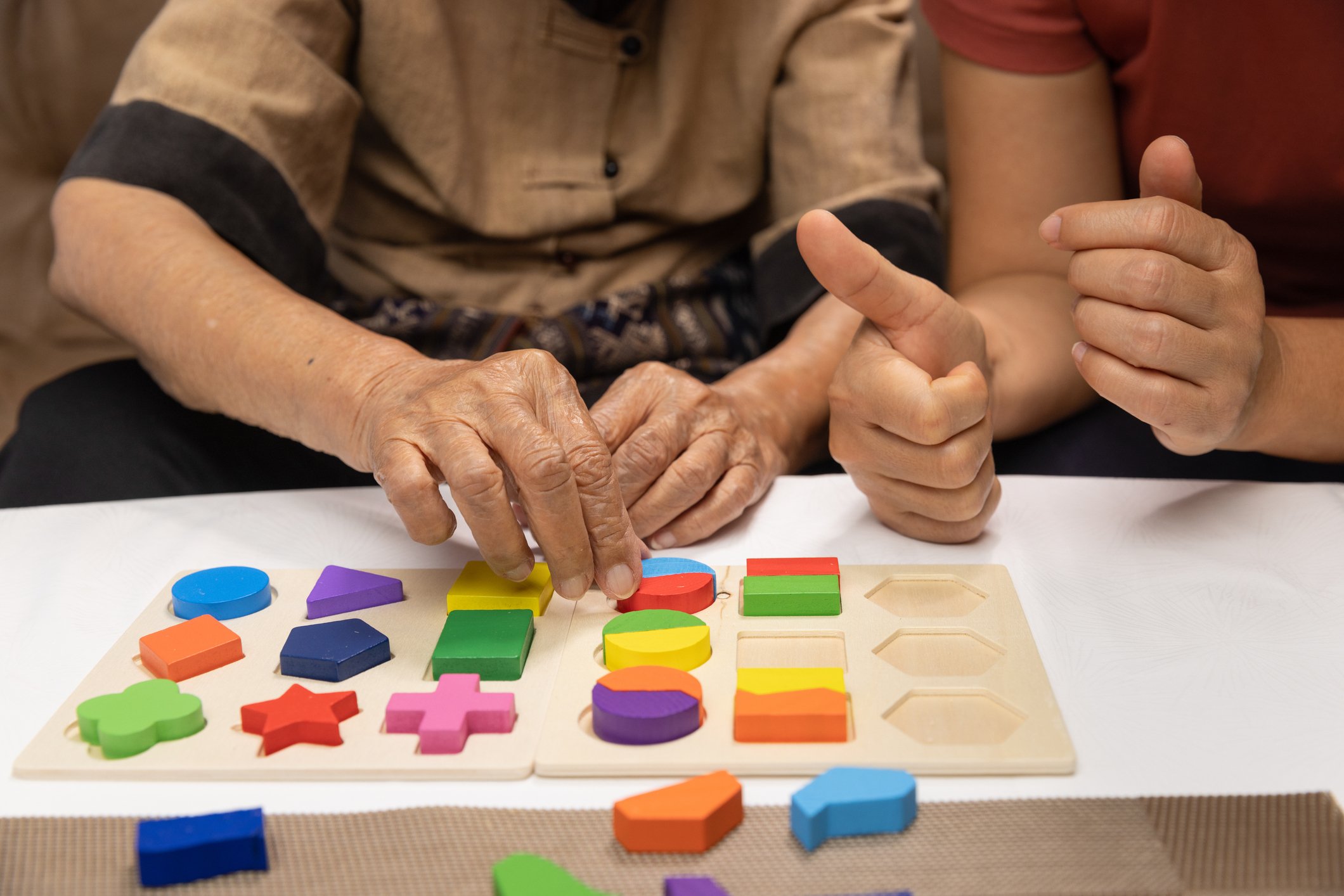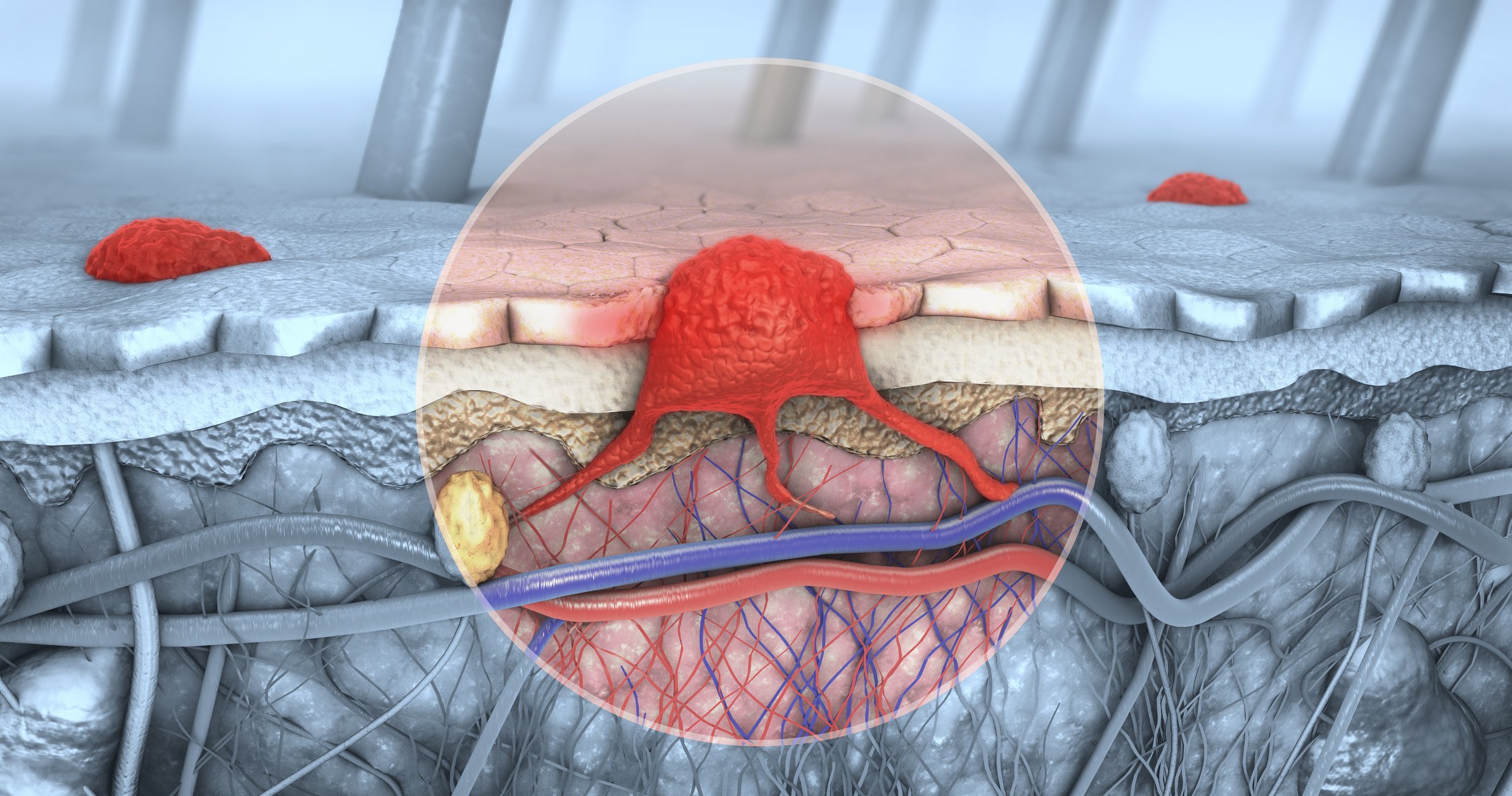Translational approaches have revolutionized the treatment options for psoriasis. New findings in the field of epidermal immunopathology form the basis for the optimization of highly effective substances. The new generation of system therapies leads to excellent results and convenience is also continuously improved. Much research is currently underway such as the concept of “resident memory T-cells” and the reduction of cardiovascular comorbidities as a side effect of treatment.
Over the past twenty years, tremendous progress has been made in the field of pathophysiological understanding of dermatological diseases. This has been translated into the advancement of cutting-edge clinical applications of cutting-edge medicine. “Biologics and small molecules have brought a revolution in the way we can treat severe inflammatory diseases,” said Prof. Kristian Reich, MD, from UKE Hamburg (D) [1]. In his presentation, the renowned immunologist and psoriasis expert will demonstrate the bridge between basic immunological research and systemic therapy options.
Crosstalk between dendritic cells and T cells
The deciphering of the molecular basis of psoriasis is undergoing rapid change [2]. Models postulated ten years ago have been further developed, and it is difficult to predict which findings will already be outdated again in five years. According to current knowledge, the interaction of dendritic cells with T cells plays a central role in the pathomechanism of psoriasis and thus also as a starting point for effective therapies. Dendritic cells are components of innate immunity and possess Toll-like receptors.

Also part of innate immunity are the “Pathogen Molecular Associated Patterns” (PAMPS), which are bound by Toll-like receptors of dendritic cells and keratinocytes. A direct antimicrobial response can then be triggered, which is accompanied by the production of skin-derived antibiotic substances such as human beta-defensin-2. Messenger substances attract other immune cells such as neutrophil granulocytes or cells of specific immunity (CD cells) to the skin. T cells can be activated by contact with dendritic cells, which is immunopathologically significant (review 1). This leads to the production of IL23, followed by Th17 activation and secretion of IL17. The latter is responsible for keratinocytic pathology (Fig. 1) such as hyperkeratosis and parakeratosis, but also the formation of many messenger substances in keratinocytes. “Neutrophil granulocytes as an element of innate immunity and T cells as a component of acquired immunity play a very important role in inflammatory diseases,” summarized the speaker.

Translational approaches optimize highly effective therapies
Keratinocytes are highly active cytokine-producing immune cells that are at the center of inflammatory skin diseases. There is not only a feed-forward mechanism in the form of activation of the epidermis by the immune system, but also a feedback response in that keratinocytes maintain the activation of the immune system.
“This vicious circle is probably responsible for the chronicity of psoriasis,” explains Prof. Reich [1]. From the group of IL17 cytokines, IL17A and IL17F are central for psoriasis. Although much more IL17F is present in the skin, IL17A is much more potent at inducing inflammatory responses, he said. In vitro studies show that priming of keratinocytes by TNF is required for high activation of keratinocytes by IL17F. The IL17 inhibitors secukinumab and ixekizumab block IL17A. Bimekizumab, an IL17A/F inhibitor currently under clinical investigation, led to complete remission (PASI100) in more than two-thirds of patients after a period of 16 weeks in the phase III BE READY trial, which is a very remarkable result, the speaker explained. There are also indications of high efficacy in psoriatic arthritis, as recent evaluations of phase II studies show. Thus, it appears that additional inhibition of the IL17F homodimer is associated with improved response rates, suggesting that this subunit plays an additional inflammatory role. However, some of the IL17 cells have an important physiological function. Severe therapy-resistant Candida infections occur in cases of genetic failure of IL17 in the context of a rare immunodeficiency, the speaker explained. This is one explanation for the fact that Candida infections may occur as a side effect during treatment with IL17 inhibitors [1].
Sustained therapeutic effects thanks to elimination of resident memory T-cells
In the IMMhance trial [3], a “randomized withdrawal” of IL23 inhibitor therapy (risankizumab) was performed. It was shown that even several months after discontinuation of the 28-week therapy, the skin remained free of or largely free of appearance, the treatment effects being preserved, so to speak. This was five times the half-life, which means that the substance had long since disappeared from the organism after this long period of time following discontinuation of therapy. This is a very surprising effect and can probably be explained by the “resident memory T-cells,” according to Prof. Reich. These are cells of the epidermis that play an important role in immunological memory. The longer psoriasis persists, the greater the likelihood that a pool of inflammatory cells will form in the skin, forming an inflammatory memory.
Treatment with IL23 inhibitors is likely to eliminate this inflammatory memory, i.e. the pool of “resident memory T-cells” in a subset of responding patients. Analysis of biopsies in the ECLIPSE study [4] showed that the number of “resident memory T-cells” was reduced after treatment with guselkumab. Clinically, this means that there is likely a subset of patients who respond to therapy who remain in disease control with one injection annually. This means that there is also a “disease modifying” therapy in dermatology, explains Prof. Reich.
Comorbid atherosclerotic plaques are reduced
Frequently, psoriasis and psoriatic arthritis have cardiovascular comorbidity, which also leads to increased mortality. “We have increasing evidence that we are also treating comorbidities with our highly effective therapies,” the speaker emphasized. There are studies showing that treatment with highly potent biologics significantly reduces atherosclerotic plaques [5]. The beneficial effects on cardiovascular comorbidities is one of the arguments for using biologics early in the disease course. Early remission” is very important in immunological diseases, the speaker emphasized.
Summary
- Nowadays available highly effective modern system therapies from the groups of biologics and small molecules are based on the deciphering of the immunopathological mechanisms of psoriasis.
- A high proportion of patients achieve PASI-90 or PASI-100 and improvement in convenience is associated with high patient satisfaction scores.
- The current focus is on the question of long-term efficacy. “Resident memory T-cells” form a kind of inflammatory memory and are potential targets of disease-modifying therapy.
- In order to achieve an “early remission” and thus increase the chance for long-term lesion freedom, there are overall many arguments in favor of a highly effective system therapy applied early in the disease course.
- Recent studies show that anti-inflammatory systemic therapy with the latest generation of biologics also leads to a reduction in cardiovascular comorbidities.
Source: SGDV 2020
Literature:
- Reich K: Update Psoriasis. Prof. Dr. med. Kristian Reich, UKE Hamburg (D). SGDV 2020, Livestream, 17.09.2020.
- Hawkes JE, et al: J Allergy Clin Immunol 2017; 140: 645-653.
- Blauvelt A, et al: Efficacy and Safety of Continuous Risankizumab Therapy vs Treatment Withdrawal in Patients With Moderate to Severe Plaque Psoriasis. A Phase 3 Randomized Clinical Trial. JAMA Dermatol. 2020;156(6):649-658. doi:10.1001/jamadermatol.2020.0723
- Muñoz-Elías E, et al.: Differential impact of IL-23 vs IL-17 blockade on serum cytokines, gene expression and immune cell subtypes in psoriatic skin: Results from the ECLIPSE study. Abstract D3T01.1D. EADV Congress, 9-13 October, 2019.
- Elnabawi YA, et al: Increasing evidence for a protective effect of anti-inflammatory therapy. Cardiovasc Res 2019; 115(4): 721-728.
- Giang J, et al: Complement Activation in Inflammatory Skin Diseases. Frontiers in Immunology 2018; 9. DOI:10.3389/fimmu.2018.00639. ISSN 1664-3224.
DERMATOLOGIE PRAXIS 2020; 30(5): 36-38 (published 9/10/20, ahead of print).











